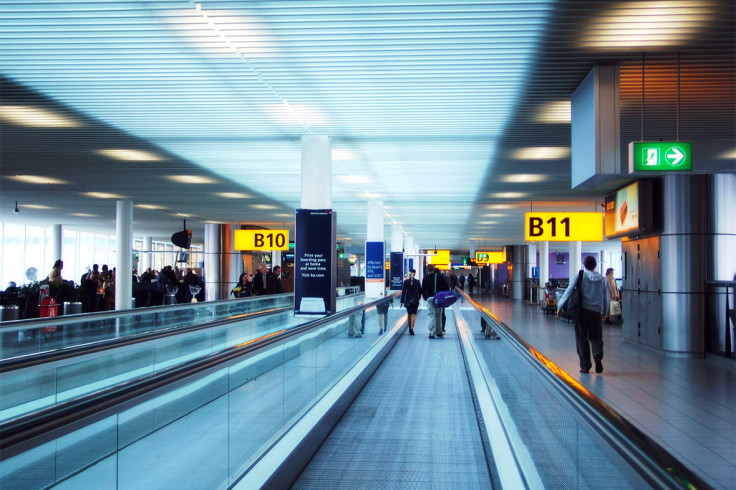Amsterdam airport set to ban private jets, overnight flights
The ban could come into place by 2025.

A major airport in the Netherlands is planning to become the first in Europe to ban private jets in order to curb pollution.
Schiphol Airport in Amsterdam has announced plans to discontinue private jets and small business planes from using its runways. Private jets, a luxury form of travel, are quite noisy and are very bad for the environment.
Schiphol Airport's vision
To reduce noise pollution and lower CO2 emissions, the board members at Schiphol Airport have come up with a solution to suspend private jets as they believe that those who travel by the luxurious private jets are definitely capable of travelling on commercial jets, which are far less polluting per passenger and fly to many of the destinations most popular with private plane users.
It is still not known when Schiphol Airport will bring the said ban in place.
Earlier, the airport in Amsterdam also announced it aims to eliminate overnight flights by the end of 2025; meaning it will ban take-offs between midnight and 6am, and landings between midnight and 5am. Bringing more perspective, the airport will have around 10,000 fewer night flights each year. Schiphol Airport has also planned to abandon plans for a new runway.
It is understood that this move by the airport was in response to the noise disturbance caused to local residents. The ban would significantly decrease the "serious nuisance" that people living in the area have to deal with on the daily basis.
While the Amsterdam airport wanted to begin gradually phasing out night flights starting this November, it has been reported that a Dutch court ruled against the airport's pitches because the government had not followed the correct procedure. Schiphol Airport, which is majority owned by the state, claimed that the ban on overnight flights would prevent "severe sleep disturbances" by over 54 per cent.
It is understood that airlines including KLM and easyJet were involved in taking the case against the Dutch government, mentioning long-term efforts to reduce emissions and noise levels.
Schiphol Airport, which has a massive task of going past the challenges by a Dutch court, wants to be a fine example of how to deal with the climate crisis with a new approach to reduced fuel consumption.
"Schiphol wants a ban on private jets and small business aviation, which causes a disproportionate amount of noise nuisance and CO2 emissions per passenger - around 20 times more CO2 compared to a commercial flight. About 30% to 50% of these private jet flights are to holiday destinations like Ibiza, Cannes and Innsbruck," the airport announced.
"Sufficient scheduled services are available to the most popular destinations flown to by private jets. Capacity for social traffic like police and ambulance flights will remain unchanged," the statement read further.
If Schiphol Airport's proposal is passed, the said bans will come into force only by 2025-2026.
Growing private jet culture bad for environment
Meanwhile, a recent investigation by Greenpeace has shown how big the private jet industry has become. Every six minutes, a private plane takes off in the UK, with appalling statistics showing a 75% spike in the luxury means of travel in the country in a year.
No country in Europe has a bigger private jet trend than the UK, where 90,256 flights took off last year emitting half a million tonnes of CO2. Out of those flights, the majority were just a few short miles or between capital cities such as London and Paris, which are conveniently connected by speedy trains that produce a fraction of the emissions per passenger.
Speaking in regards to the growing problems due to the private jet culture in Europe, a lead transport campaigner with Greenpeace, Klara Maria Schenk, said severe action was the need of the hour.
"Private jets are not regulated in any way, in the EU they are exempt from almost any kind of regulations to curb CO2 emissions. Our society has for a very long time neglected this problem, but we can't look away any more. We can't afford this approach anymore," said Klara Maria.
© Copyright IBTimes 2024. All rights reserved.






